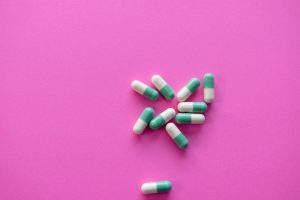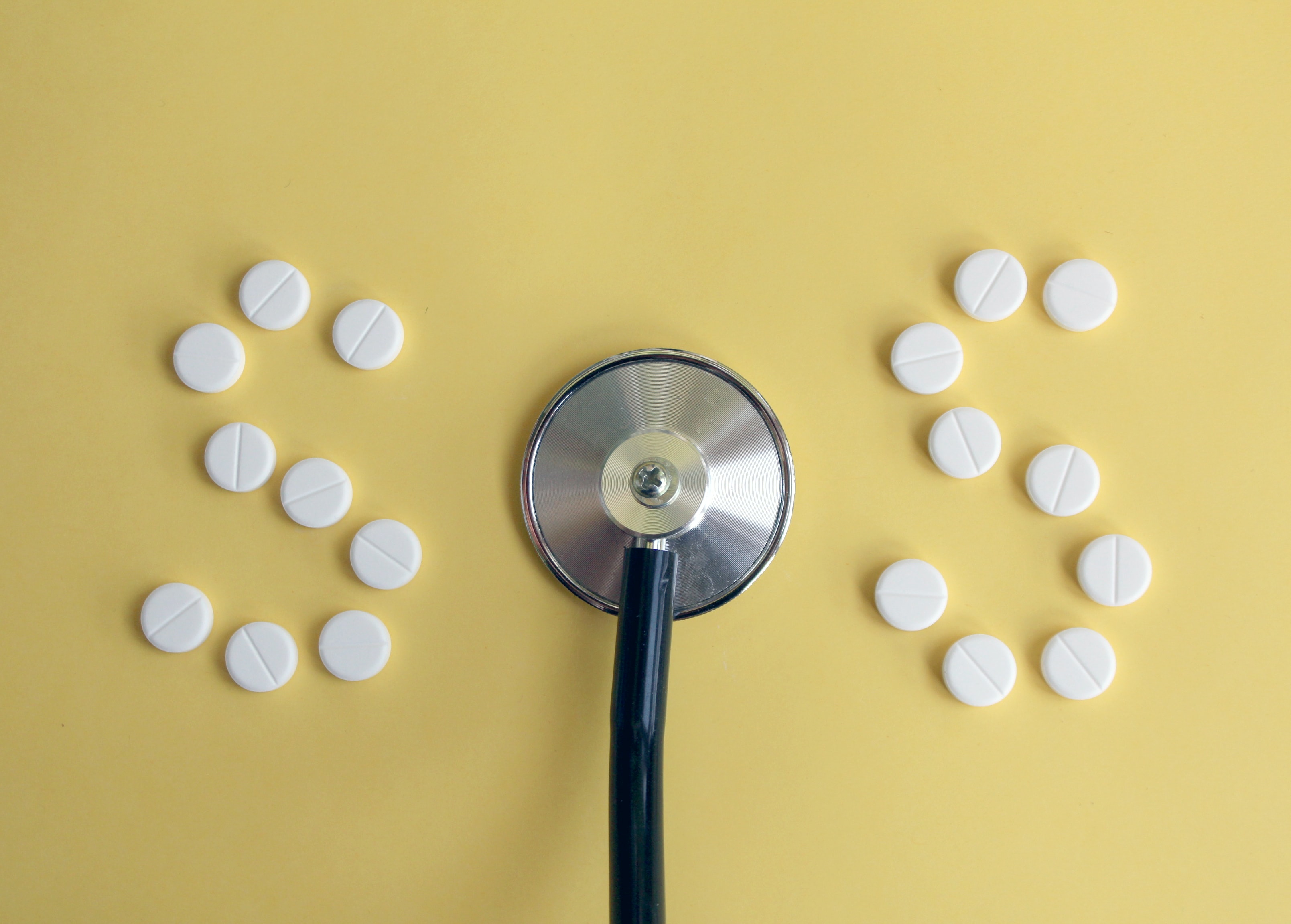If opioids will deepen our ailing instead of helping us, then we will know when it is time to let go of the medical crutch they present, and discover treatment in other types of medicine.
Opioid drugs, for all the risks they impose, have become a literal and figurative medical crutch in recent years – both for the people who recommend them, as well as for the ones who happily rely on them to take away the severe toll that pain has on our bodies and minds.
But in truth, the harsh reality presented by medical facts and statistics, which raises a severe red flag about their immense risk and diminished reward factor, simply cannot be ignored anymore.
How and why do we rely on opioids?
No one can ever claim that an opioid prescription does not have well-built reasoning and desperate measure necessity behind it. Having to suffer from chronic pain, osteoarthritis, or any other type of consistent and mind-numbing pain is by no means something that is easy to cope with.
As such, through their time-proven efficiency, a medical expert would be almost compelled to offer you a written recommendation for an easily-affordable flask of OxyContin or Vicodin, or any other opioid drug-class that would provide you the necessary relief that is vital to your physical and mental well-being.
And that’s more than fine, after all, prescription opioids were created, branded, and manufactured with a purely noble intent in mind – to make it easy for people to receive the ailment treatment that they deserve and are in desperate need of. The problem, however, arises when opioids start becoming the answer to every problem, medical or not, that a patient is facing.
Why are opioids as harmful as they are?
The answer is quite simple – addiction.

The highly addictive nature of opioid receptive drugs such as morphine, codeine, and fentanyl has caused countless cases of opioid overdoses, or at the very least, the birth of severe side effects such as physical dependency, medication tolerance, or depression, just to name a few.
One of the most widespread causes of opioid addiction is resulted from their psychoactive effect on the brain, in the sense that they provide a sense of short-lived euphoria and tranquillity.
Because the opioid necessity in the patient’s body is often resulted from a scarring experience that has resulted in long-term chronic pain, the brain’s reaction to the physical reprieve brought by the drug is often exacerbated by the intense feeling of happiness and reassurance that is a mere side-effect of the ingested medication.
However, just because a dose of fentanyl will offer you a short-lived jolt of psycho-active reprieve, that doesn’t mean that it, or any other opioid, should be treated as mental health medication. Just as prescription opioids have to be pharmaceutically recommended upon a process of meticulous research and attentive patient case-study, the same criteria apply to any depression or mental illness medication.
As such, in a situation such as this one, where a patient’s well-being is no longer in their own hands, but in the hands of a medical compound that will cause them irreparable harm in the end, who can help them take necessary action? In truth, more people than might be apparent at first glance.
What legal options do I have?
First and foremost, someone is accountable for you or your loved one’s opioid prescription. A legally explicit medical document must always be issued when a patient is pre-ordained to begin medical treatment with opioids.
In a case of death by opioid-resulted addiction, the medical expert that prescribed the medication should be given the same level of accountability as the person who suffered the self-inflicted over-dosage. As mentioned before, proper research needs to be undergone before making such a serious psycho-active recommendation, especially in the case of individual who might be prone to substance abuse or addictive tendencies.
If the medical representative does not do their due diligence before placing their trust in a potentially life-ending substance ingestion stimulus, then they are the indirect cause of a drug-resulted personal injury, as well as the direct catalyst of a medical malpractice claim.
Therefore, anyone who is or has been a victim of opioid prescriptive malpractice is entitled to receive moral and financial compensation for the extreme health and safety damages they have suffered. By consulting with a medical malpractice lawyer, victims can learn exactly what types of compensation they are in their legal right to receive, and how to approach the situation from a reasonable and factually accurate standpoint.
When will I recover?
Truthfully, substance abuse isn’t something that you brush off and forget about the day you’ve stopped taking the medication, and in the case of opioids, that is no different.
There is, of course, the chance of relapse, as well as the crippling process of going through the substance withdrawal symptoms that arise in the absence of opioid receptive drugs. The transition from psycho-active euphoria to comedown-induced dysphoria is a process that completely alters the way in which a patient views the surrounding world, their job, their academic commitments, and especially their relationships with family and friends.
In the state that they are placed in, life doesn’t hold any intrinsic meaning anymore, and the drug’s absence from their system has cauterized the individual’s physical wound into a mental scar that can never fully heal. As such, the need for external aid and encouragement is evident now, more than maybe ever.
Beyond the immediate requirement of support, kindness, patience, and immense reassurance that the victim must receive in order to engage with and begin the healing process, bringing the discussion out into a community of people who have suffered similar experiences will most certainly provide an invaluable aid to social well-being.
Opioids and their immensely overwhelming nature do not define us as people. A medication that is created to serve the common good will always be cut down the moment it becomes toxic, or outright deadly, to the people it was made to protect. If opioids will henceforth deepen our ailing instead of helping us move forward from it, then we will certainly know when it is time to let go of the medical crutch they present, and discover treatment in other types of medicine.


Join the conversation!